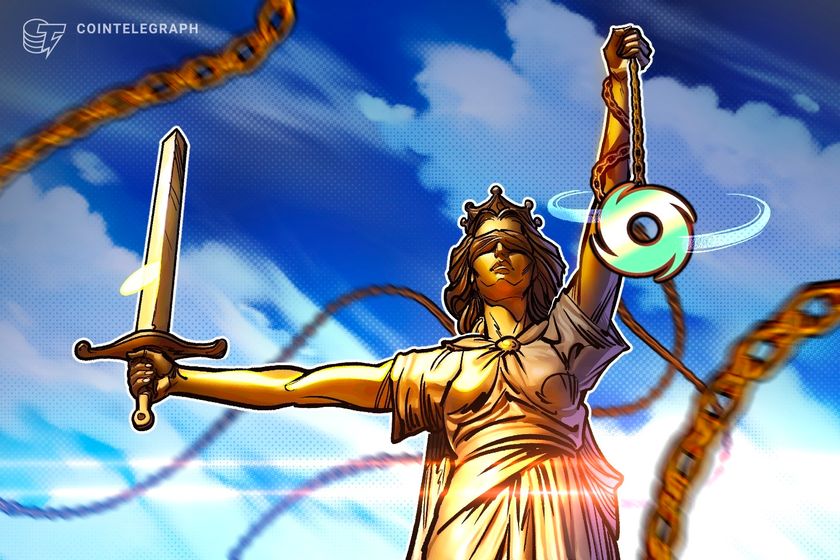US Treasury’s OFAC can’t restore Tornado Cash sanctions, judge rules


The US Treasury Department’s Office of Foreign Assets Control can’t restore or reimpose sanctions against the crypto mixing service Tornado Cash, a US federal court has ruled.
Austin federal court judge Robert Pitman said in an April 28 judgment that OFAC’s sanctions on Tornado Cash were unlawful and that the agency was “permanently enjoined from enforcing” sanctions.
Tornado Cash users led by Joseph Van Loon had sued the Treasury, arguing that OFAC’s addition of the platform’s smart contract addresses to its Specially Designated Nationals and Blocked Persons (SDN) list was “not in accordance with law.”
OFAC had sanctioned Tornado Cash in August 2022, accusing the protocol of helping launder crypto stolen by the North Korean hacking collective, the Lazarus Group.
The agency dropped the platform from the sanctions list on March 21 and argued that the matter was “moot” after a court ruled in favor of Tornado Cash in January.
This latest amended ruling prevents OFAC from re-sanctioning Tornado Cash or putting it back on the blacklist.
Initially, the court denied a motion for partial summary judgment and granted in favour of the Treasury. However, the Fifth Circuit reversed the decision and instructed the lower court to grant partial summary judgment to the plaintiffs, which led to the sanctions being revoked.
In March, the Treasury argued there was no need for a final court judgment in the lawsuit.
Crypto body petitions White House over Tornado Cash
On April 28, the DeFi Education Fund petitioned White House crypto czar David Sacks to have prosecutors drop charges against Tornado Cash co-founder Roman Storm.
Related: Samourai Wallet, feds ask for time to mull dropping crypto mixer case
Storm was charged in August 2023 with helping launder over $1 billion in crypto through the protocol, and his trial is still set for July.
The group said that the Department of Justice was attempting to hold software developers criminally liable for how others use their code, which they argued was “not only absurd in principle, but it sets a precedent that potentially chills all crypto development in the United States.”
Magazine: Bitcoin $100K hopes on ice, SBF’s mysterious prison move: Hodler’s Digest




